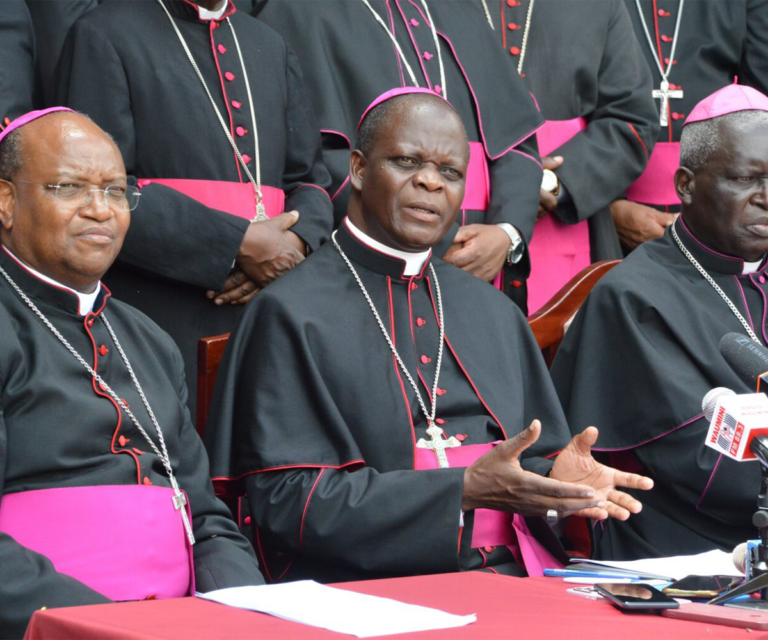Have you heard about the recent buzz in Kenya? The Catholic Archdiocese of Nairobi just said “no, thank you” to a hefty donation from President Ruto. It’s got everyone talking about the relationship between churches and politics in Kenya. Let’s dive into this interesting story and see what it’s all about!
Background of the Event
Picture this: President Ruto pays a visit to Soweto Catholic Church in Nairobi probably expecting a warm welcome. He even came bearing gifts – a promise of Ksh 5.3 million! Not to be outdone, Nairobi Governor Sakaja also pledged a donation. But here’s where things took an unexpected turn…
Reasons for Rejection
The church said, “Thanks, but no thanks.” Why? Well, it turns out they have a policy about political donations. Archbishop Philip Anyolo stepped up and explained that the church wants to stay neutral and keep politics at arm’s length. It’s like when your friend offers to buy you lunch right before asking for a favor – you might think twice about accepting!
Church’s Stance on Donations
Now, don’t get me wrong – the Catholic Church isn’t against all donations. They just have some guidelines when it comes to gifts from political figures. It’s all about keeping things ethical and making sure the church remains a place of worship, not a political playground. Think of it like keeping your work life and personal life separate – it just makes things cleaner and simpler.
Public and Political Reactions
As you can imagine, this decision stirred up quite a reaction. Some political leaders were probably a bit red-faced, while others might have been secretly cheering. The public? Well, opinions are all over the place! Some people are praising the church for standing its ground, while others wonder if they’re being too strict. It’s like when your favorite sports team makes a controversial decision – fans are bound to have different takes.
Significance of the Decision
This isn’t just about one donation – it’s a big deal in Kenya’s bigger picture. The church says “no” to such a high-profile gift and sends a strong message about keeping religion and politics separate. It’s like drawing a line in the sand and saying, “This is where we stand.” This could change how politicians and religious institutions interact in the future.
Ethical Considerations
Let’s think about this for a minute. Is it okay for public officials to make big donations to churches? On one hand, it could be seen as generous. On the other hand, it might look like they’re trying to buy influence. It’s a tricky balance, right? Kind of like when you’re invited to a friend’s party but you know they’ll ask you to help clean up – sometimes it’s better to politely decline!
Comparative Cases
This isn’t the first time something like this has happened. Churches and other religious groups around the world have faced similar situations. Some have accepted donations, while others have turned them down. It’s interesting to see how different groups handle it. We could probably learn a thing or two from looking at these other cases.
Conclusion and Reflections
So, what do we make of all this? It’s a complex issue that touches on faith, politics, and how we govern ourselves. The church’s decision reminds us how important it is to be transparent and maintain integrity, whether we’re talking about religion or politics.
At the end of the day, it’s about finding the right balance. Maybe this event will spark some good conversations about how churches and governments should interact. What do you think? Should churches accept donations from politicians, or keep their distance? It’s food for thought!
“In matters of conscience, the law of the majority has no place.” – Mahatma Gandhi
This quote seems fitting. The Catholic Church stood by its conscience, regardless of the size of the donation or the status of the donor. It’s a reminder that sometimes, sticking to our principles is important, even when it’s not an easy choice.

